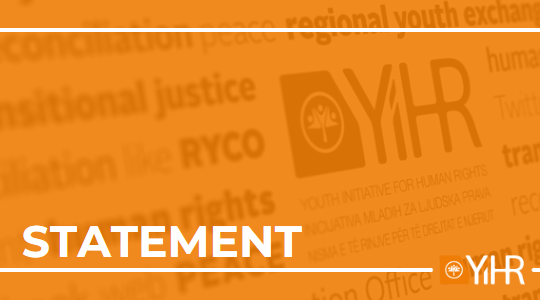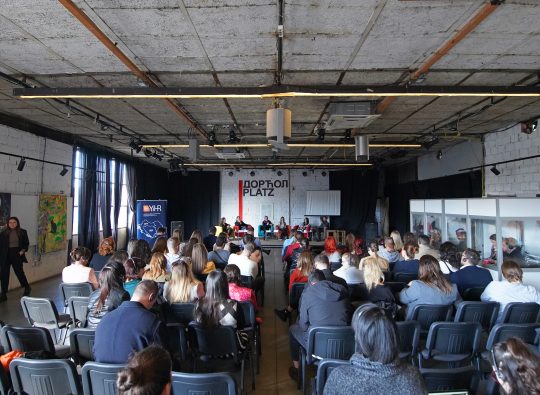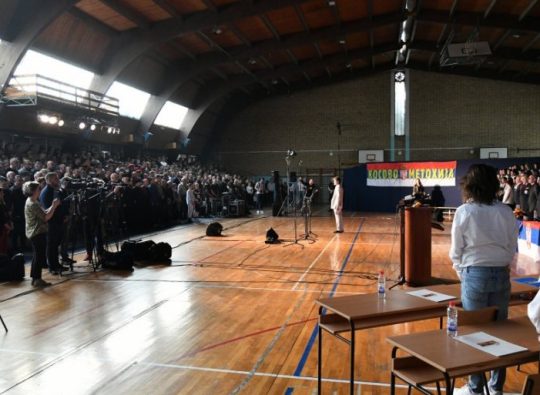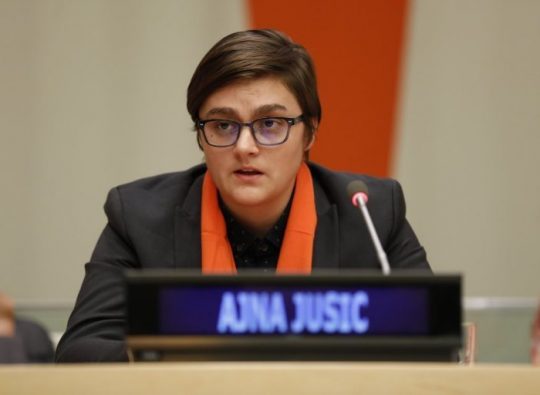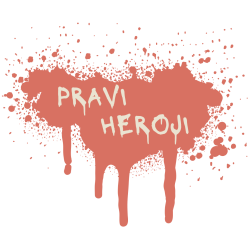The Initiative reminds that the activists were thrown out of the venue after the banner was developed, that two activists were injured on that occasion, and that the attacks continued in front of the Cultural Center, where one car was demolished. The prosecution rejected the criminal charges of the injured activists, and refused to conduct the investigation for beating up of the activists.
Activists will certainly appeal against this judgement, and will continue their fight against convicted war criminals in the public sphere, their glorification and political promotion.
The Initiative does not agree to a society in which a peaceful protest against a war criminal is classified as a disturbance of public order and peace. The protagonists of the politics that led wars and committed war crimes are still trying to shape public opinion in Serbia and are supported by numerous institutions in Serbia, including executive, legislative and judicial authorities.
A violation for which the activists have been convicted: “Whoever violates public order and peace or endangers property or offends the morale of citizens by a rude, brutal or ruthless behaviour”, constitutes the culmination of cynicism. It is embarrassing that those who remind of and are ashamed of committed war crimes are convicted of offending the public morals of citizens while war criminals are protected by courts and political elites, take part in election campaigns, give lectures at the Military Academy and sit in the leadership of political parties. After the incident in Beška, representatives of the authorities stood in protection of Sljivancanin and condemned the protest of the Initiative, the Serbian Progressive Party called us fascists, and then the Prime Minister Vučić stated decisively that activists have violated the Law on Public Order and Peace, which the Misdemeanour Court has now only confirmed .
Far more important issue than this judgement and misdemeanour responsibility of the activists of the Initiative is the public condemnation of the war criminals and the politics they were carrying out, as a prerequisite for final break up with the politics of the 1990s and substantial beginning of peace building process in the region. Serbia can not advance in its internal democratic processes, regional cooperation or European integration until it faces war politics, crimes committed in the name of that politics, and once and for all renounce nationalism, hatred and intolerance that have caused all the most severe tragedies of the last thirty years .

